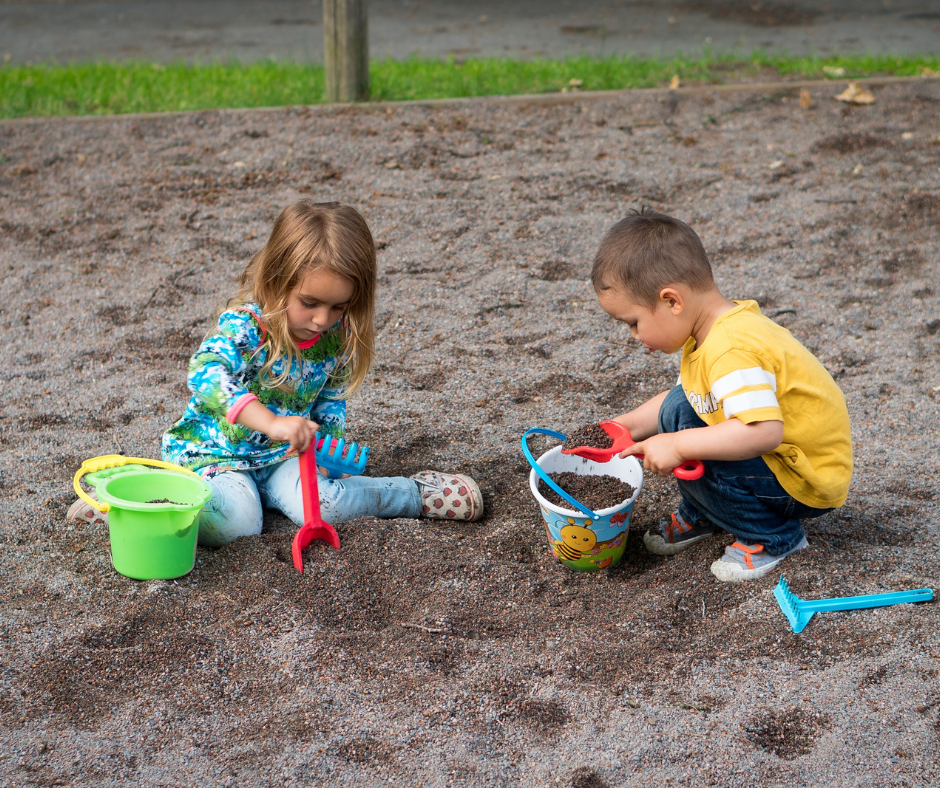It’s important for young children to learn how to solve problems because it helps them develop other important skills like thinking carefully, making good choices, and being creative. When kids practice solving problems by themselves or with others, they become stronger and better at handling tough situations. They learn to face challenges with a positive attitude. These skills are very important for their future success.
Try it: On your next family day, visit the beach and try these activities:
- Infants and Toddlers – Gather ‘treasures’ to make a sensory bin. Look for seashells, rocks, plants, seeds, etc. You can also add sand and water to your sensory bin. For infants, you can rub the item on their hand or foot and for toddlers they can play around with the items in the bucket.
- Preschool and School-Age – Create a list of common items found at the beach. Take the list, a bucket, something to write with or a camera, and go on a scavenger hunt to find the items on the list. You can use a camera to take pictures of each item once they find it to create a fun memory photo album of pictures from your beach scavenger hunt.
Here are some other fun ocean-themed activities that you can do with your child to support their problem-solving skill development:
- Ocean Treasure Hunt: Create a scavenger hunt with ocean-themed items or pictures hidden around the house or yard. Give clues and maps for children to follow, encouraging them to think critically and solve problems to find the “treasures.”
- Build a Sandcastle: If you’re at the beach or have a sandbox, challenge your child to build a sandcastle. Discuss how to make it sturdy and how to decorate it, encouraging them to think creatively and figure out solutions if the sand doesn’t stick together.
- Puzzle Time: Use ocean-themed puzzles to help kids practice their problem-solving skills. Choose puzzles with pictures of sea animals or underwater scenes and work together to complete them.
- DIY Aquarium: Make a mini aquarium using a clear container, water, toy sea animals, and plants. Let your child decide where to place each item, encouraging them to think about the best arrangement and solve any issues that come up.
- Sea Creature Sorting: Cut out pictures of different sea creatures and have your child sort them into categories (e.g., fish, mammals, crustaceans). Ask questions to guide their thinking and problem-solving, like “What makes a dolphin different from a fish?”
- Fishing Game: Create a fishing game using a magnet and paper fish with paper clips attached. Have your child “catch” the fish and solve simple math problems or answer questions written on the back of each fish.
- Ocean Storytelling: Create a story together about an adventure in the ocean. Ask your child to come up with solutions when the characters face challenges, helping them think through different scenarios.
- Sink or Float Experiment: Collect various ocean-related items (e.g., shells, plastic fish, seaweed) and have your child predict whether each item will sink or float in water. Test their predictions and discuss why some items float while others sink.
These activities are not only fun but also help children think creatively, make decisions, and develop important problem-solving skills.

